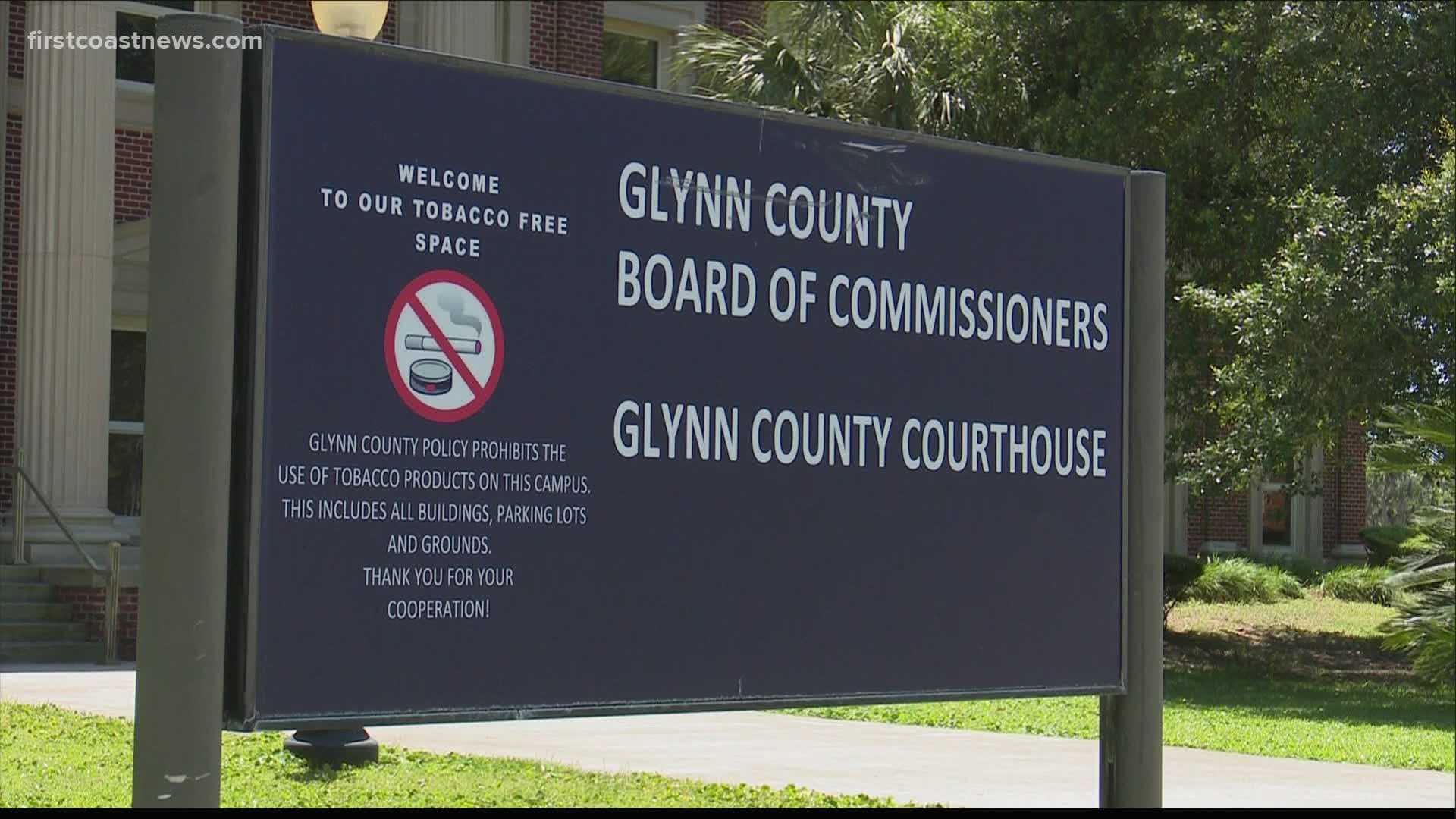
It is as well known a case as was George Zimmerman’s. (I posted on his case shortly after his 2013 deserved acquittal, HERE). Court filings in the pending Georgia case can be found HERE. The trial will be carried live online and on TV channels. It is scheduled to start in October. Regardless of the outcome, the defendants’ tango with the criminal law will not be finished. They will also have to answer to a waiting federal “hate crime” and kidnapping indictment. (HERE). I expect noteworthy case events before October.
Some believe the Georgia case is an ill-conceived prosecution. Some believe the verdict the jury renders will turn on whether the victim was in fresh flight from the commission of a felony burglary. Many following the proceedings believe the case turns on the legality of the defendants’ purported citizen’s arrest. (My MSW post on citizen’s arrest is HERE). Some have opined that the state is pursuing novel criminal law theories. I’m a doubter of all of that. I will grant them only that the Georgia case is factually unusual, and only appears more complex legally than Zimmerman’s.
I think attempted false imprisonment is the appropriate counter to the presupposed citizen’s arrest defense, and is what the video of the incident fairly depicts. I think the fixation on the longstanding Georgia citizen’s arrest statute (foolishly repealed) is misplaced, because the jury will easily determine there is little factual basis to conclude the defendants intended to make or were making a citizen’s arrest. Although I haven’t researched Georgia case law, I suggest a citizen’s arrest doesn’t include conduct attempting to detain someone for a chat or questioning. Moreover, a citizen’s arrest usually requires express communication to the person to be arrested that they are being arrested.
The pretrial posturing (in limine motions) of the parties regarding what is and isn’t admissible is interesting. However, I think nothing determined pretrial to be admissible or inadmissible is or will be decisive evidence.
Many are taken with the notion that the victim’s use of defensive force in apparent lawful self-defense (initiating a physical struggle over the shotgun) negates or overrides a self-defense claim of his killer. Interesting, but that is erroneous thinking. A dead victim’s possible perception and the lawfulness of his use of defensive force aren’t likely relevant in the trial of the survivor. I wonder how the issues of open carry, assault, and provocation will play out. The defense of accident isn’t in play.
As to the elements of my use of deadly force paradigm: What came before the struggle over the shotgun was pretty clearly a failure on the CAN, SHOULD and the MUST. Trial (or other proceeding) will address that struggle and the MAY.
Stay tuned, I intend to write more on State of Georgia v. Gregory McMichael, et al.


